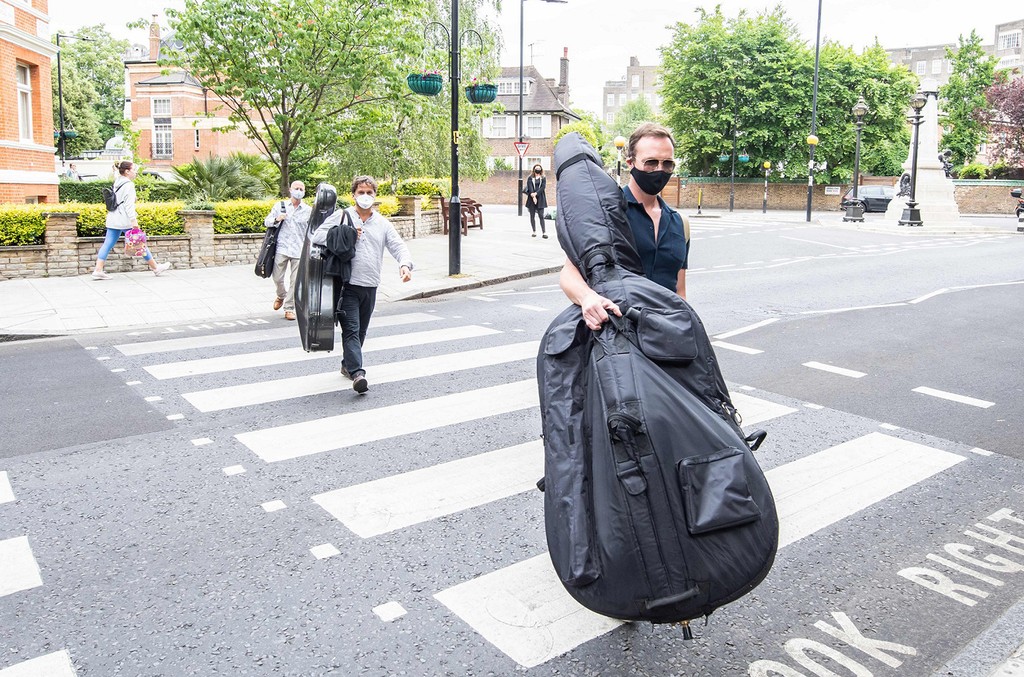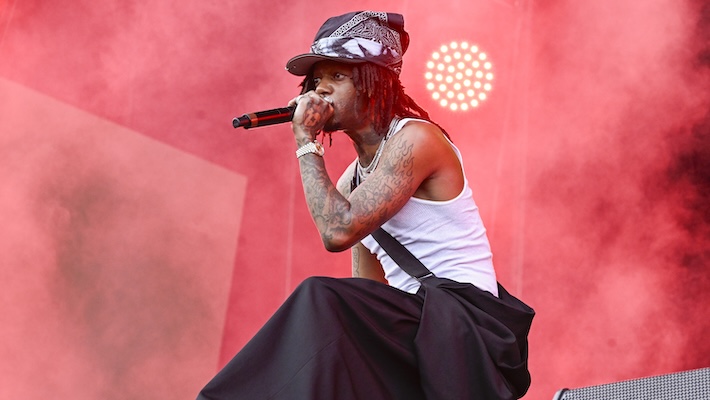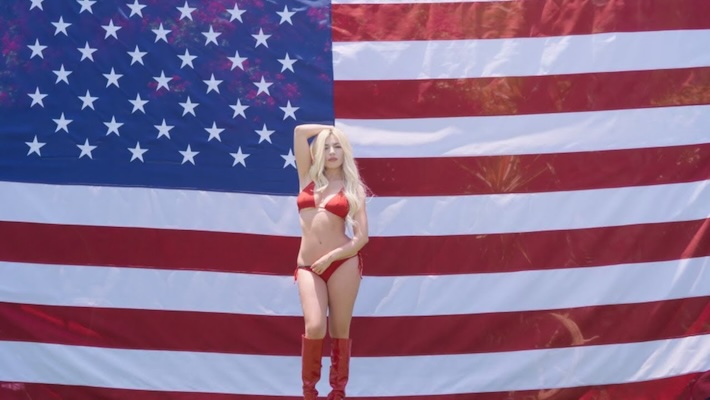LONDON — On Thursday, London’s Abbey Road Studios reopened its famous oak doors to musicians after being closed for more than 10 weeks in accordance with United Kingdom government measures to limit the spread of COVID-19.
The first recording session to take place in the Grade II listed complex — synonymous with The Beatles and Pink Floyd — since reopening included 40 members of the Royal Philharmonic Orchestra, jazz singer Melody Gardot, who joined remotely from Paris, and Grammy-winning producer Larry Klein, who joined from Los Angeles.
“Opening again and having an orchestra fill Studio One was a real goosebumps moment,” Abbey Road Studios’ managing director, Isabel Garvey, tells Billboard.
Here, she explains the special COVID-19 safety measures that were taken to enable the session to take place and what they mean for the future of Abbey Road and recording studios around the world.
How did you feel Thursday when Abbey Road finally reopened its doors after being shut for 10 weeks?
I was elated. It was brilliant just to hear music in the studios again. In almost 90 years this is the first time we have ever closed. We stayed open all the way through World War II, so it was completely strange to shut those oak doors [on March 24]. It took a global pandemic for us to close.
When did you first start putting plans in place to safely reopen?
This has been a month in the making. [We had] to try and build a road map that meant we were mitigating risk, but still maintaining inspirational, creative spaces and that the studios didn’t feel really clinical, but were safe. It was a month of risk assessment documents, which were absolutely necessary to ensure Abbey Road was as safe a working environment as it can be.
What practical changes have you had to make in line with social distancing and safety guidelines around COVID-19?
We’re fortunate in that studios one and two are huge spaces. But even so, a 40-person orchestra is half the normal size orchestra we would have in there. We had all of the orchestra members two meters apart and slightly further apart for any brass instruments. We have socially distanced queuing coming into the building. We have created a visitor management system where people pre-register before they enter and completely contactless registration. Once the musicians are sitting in their chairs, they don’t move for the session. They have their lunch there and just stay put. So we are trying to minimize how much people move around the building. And because our corridors are quite narrow everyone has to wear a mask when they are in our public spaces.
Do those same restrictions apply to producers and engineers in the control rooms?
Studio One has a very large control room, as does Studio Three. We’ve limited it to four people in there, which is plenty in terms of social distancing. But it’s the changing culture [that’s that biggest difference]. People can no longer come up and lean over the mixing desk. Everyone needs to stay in their chairs and think about everything that they are touching. It’s quite strange. You have to regularly remind yourself and keep to your zone.
Now that Abbey Road is open again, what level of demand are you anticipating from artists, producers and composers wanting to book studio time in the months ahead?
In Studio One we tend to do a lot of scoring for TV and film and there is a lot of pent-up demand there. Lockdown stopped production on a lot of projects that were nearing completion and there is a real demand for new content now. On the artist front, they roughly fall into two camps. There are some artists who are just itching to get back and have been hugely creative in this period, so want to lay down albums. And there are others who are a little nervous. From a financial perspective, it will take us a long time to recover from this. But it feels really positive in terms of people who just want to get into the building and record.
What additional precautions have you taken to protect your staff and any visitors to the studios?
We’ve been very conscious that we ramp up slowly. [For Melody Gardot] we purposely didn’t have anything else going on in any other studio so we could assess how it went. Over the next two weeks, we’re just taking it project by project and understanding how it works in each of our spaces. All of our office-based staff are still working from home and we’re only [bringing in] engineers, technicians and site service staff as and when we need them. We’re still working on as skeleton staff as we can to keep the team as safe as possible.
Temperature checks?
We didn’t. We can offer that as a service. We can hire medics in if any client wanted that. But on registration, all musicians and clients have to confirm that they currently have no COVID-19 symptoms, nor have they had them in the last seven days.
What has been the financial impact of COVID-19 on Abbey Road?
We’ve diversified our business over the last five years, so that has really helped us through this period. We are definitely faring better than most and given all of this pent-up demand we will recover, but it has hit our bottom line hard.
Have you had to make any job cuts or furlough any employees during this period?
No. We’ve been very fortunate. We have the advantage of a parent company in Universal Music. They have been wonderful in recognizing that this is a necessary moment in time to down tools and we will recover and we can’t recover without our full staff base. So everyone has stayed gainfully employed and is itching to get back.
Long term, what do you think the impact of coronavirus on the recording studio sector will be?
It’s been commercially very difficult for studios that don’t sit with a parent company. That’s been our saving grace. There’s definitely demand out there for incredible recording spaces. The big question is: if there is a second wave, can we survive that? We’ve managed to scrape through 10 weeks of lockdown, but could we do that again in the same calendar year? It’s really hard. The Music Producers Guild (MPG) have [been] lobbying government to make sure smaller studios get all of the help that they need because it’s really important to keep the studio world vibrant. It would be hugely detrimental to the creative industries if we let studios go under because of COVID-19.




